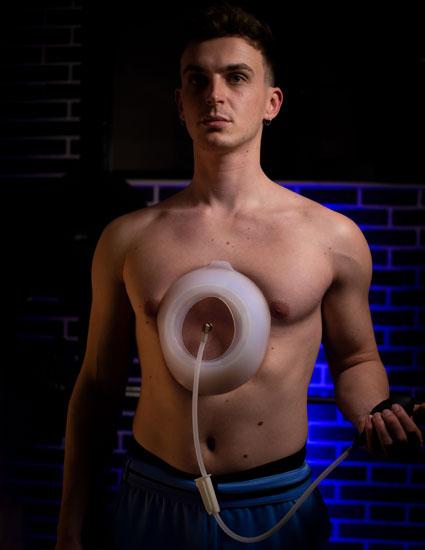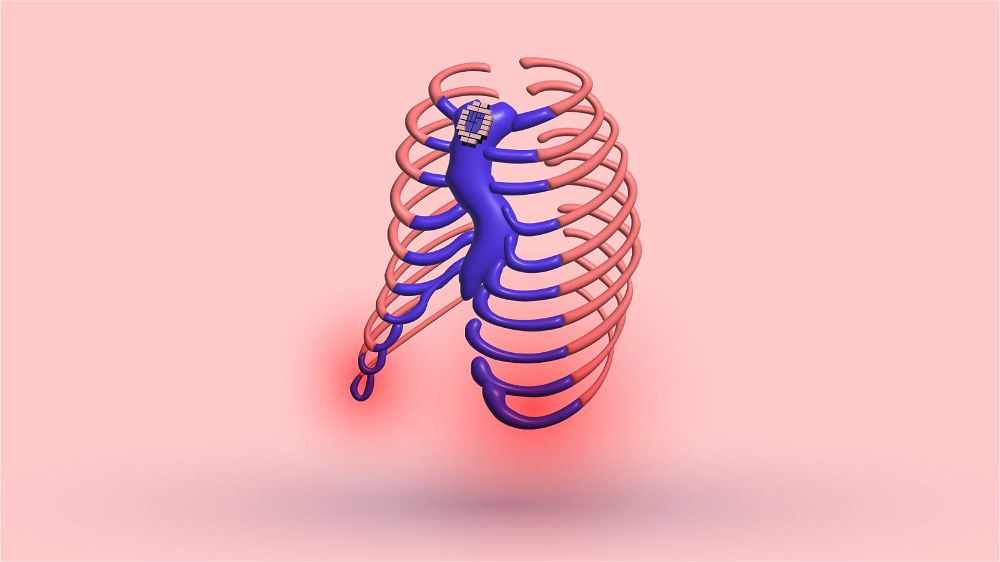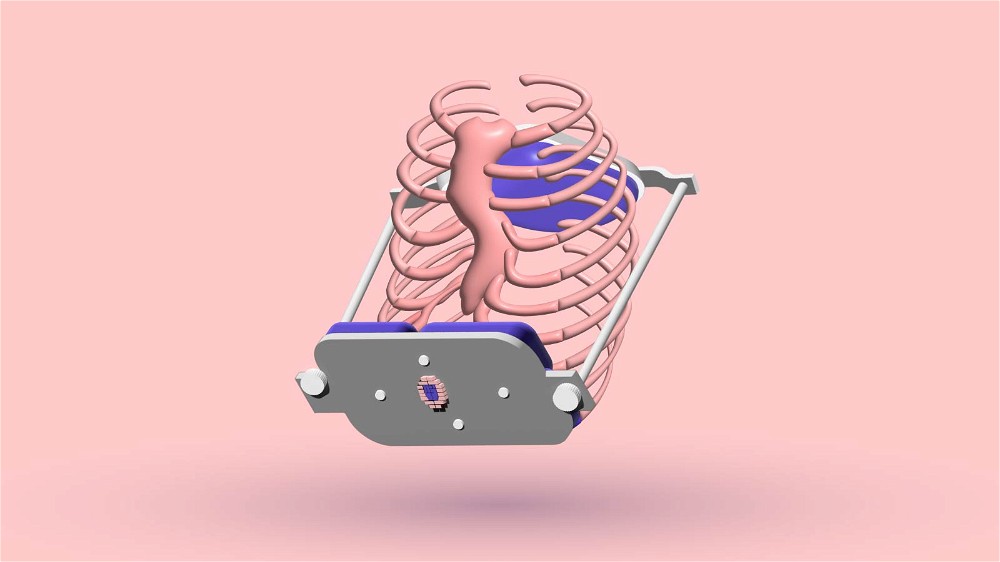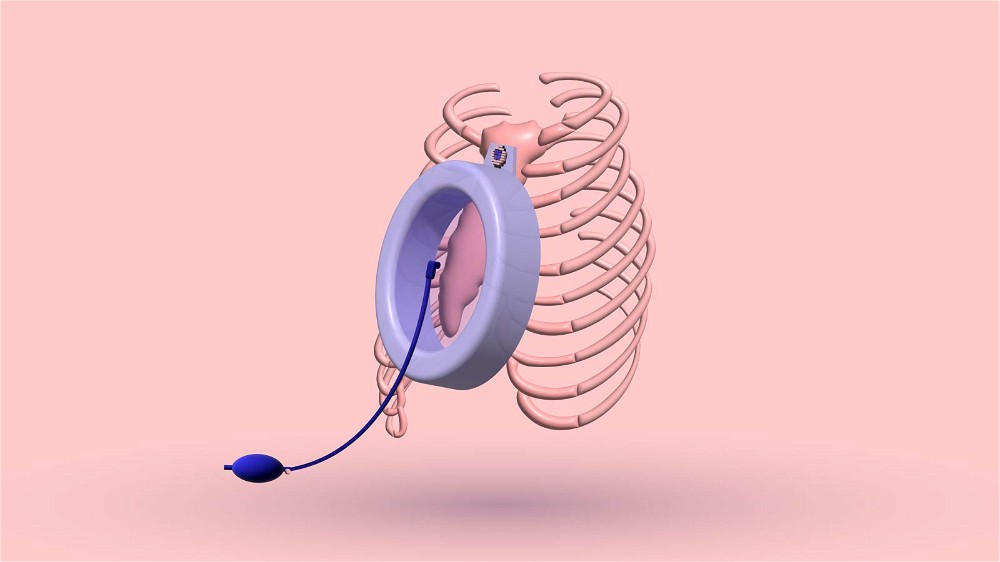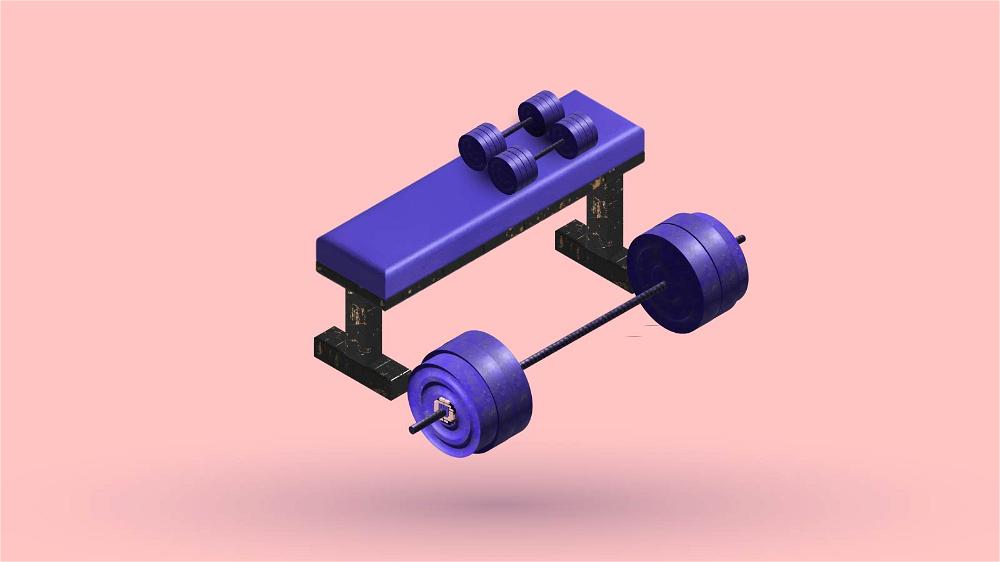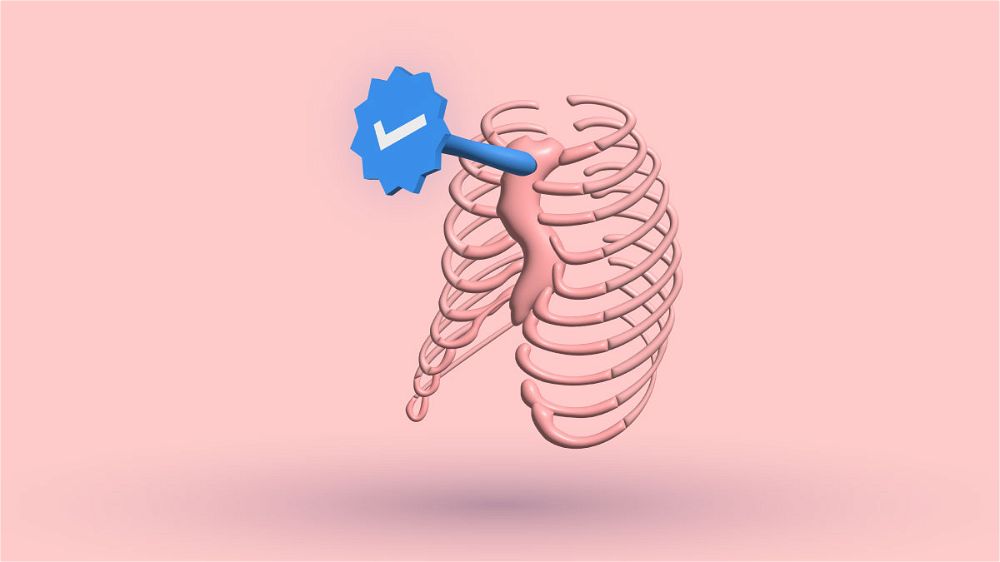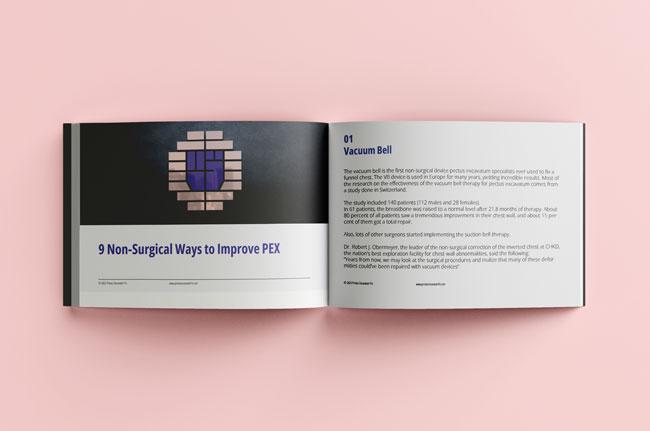Atrial fibrillation (AF) is the most often treated heart arrhythmia.
Arrhythmia occurs when the heart beats too slowly, too quickly, or irregularly.
Many people with this condition may not have any symptoms; often, it can cause palpitations, shortness of breath, and weakness.
Atrial fibrillation can occur periodically or continuously.
Although it is rarely fatal, it is a significant medical condition that needs immediate treatment to, and you can't ignore the symptoms.
Does pectus excavatum cause atrial fibrillation?
A study has confirmed the link between pectus excavatum and atrial fibrillation.
According to the study, nearly two-thirds of AF patients have mild pectus excavatum, and 17% have severe pectus.
Because of the pressure on the heart, people with more severe pectus dent were more likely to develop more serious atrial fibrillation.
There are also stories online from patients with pectus who have suffered AF symptoms and believe it is related to the malformation.
Some treat their AF with medicine, while others hope the surgery will help.
Please visit a doctor if you experience any potential AF symptoms. Even though the condition could be temporary and get better soon, still be cautious if you have a more severe form of pectus deformity.
The best medicine for any pectus excavatum-related health complication is prevention.
How to know if you have atrial fibrillation when having pectus excavatum?
The most noticeable possible atrial fibrillation symptom is a heart pulse when the heart feels pounding or beating irregularly for a few seconds or minutes.
In addition to an irregular beating, your heart may also beat very quickly, and you will surely notice that change in your body.
Other symptoms comparable to those caused by the pectus deformity are tiredness and incapacity to exercise because of shortness of breath. Another possible symptom is a feeling of lightheadedness and chest pain.
Because of the comparable symptoms, you should consult a doctor to determine the cause of those symptoms and the best treatment for you.
Be cautious of how long the symptoms occur because that can also be a sign.
If the symptoms last less than a week, they may go away. Nevertheless, any manifestation of atrial fibrillation lasting more than a week should be treated.
Also, if you suspect you have atrial fibrillation, a straightforward approach is to check your heart rhythm and check for changes.
You should measure your pulse. To do so, place your right index and middle fingers on your left wrist and feel for a pulse.
Adults' average resting heart rates vary from 60 to 100 beats per minute; anything above 100 may indicate atrial fibrillation.
If you have any more severe symptoms, such as a tight or heavy chest, shortness of breath, or sweating, and if those symptoms last longer than 15 minutes, please call a doctor immediately.
What can lower the chances of atrial fibrillation when having pectus excavatum?
If you have pectus excavatum, you must do everything possible to avoid additional health problems. A few lifestyle changes can help a lot.
A healthy lifestyle is undoubtedly essential for preventing other pectus-related complications associated with heart health.
- It would help if you began a balanced diet rich in fruits, vegetables, and whole grains as your eating routine.
- Create a workout plan and exercise regularly.
- Avoid excessive alcohol, caffeine consumption, and other factors that may enhance the risk of irregular heartbeat.
- Adequate treatment and medicines, if necessary, for your recovery.
- Integrate yoga into your daily routine, as a simple way to prevent heart disease.
While the exact mechanism by which yoga reduces the incidence of atrial fibrillation is unknown, it may reduce stress and inflammation that harms the heart and lessen a patient's heart rate.
But many other good reasons are enough for you to try yoga at least a few times a week.
Bottom Line
Atrial fibrillation can occur if the pectus excavatum deformity is severe. An abnormal heart rhythm develops as a response to the severe dent in the chest, which can produce symptoms such as shortness of breath, weakness, and heart palpitations.
If you are diagnosed with both of these conditions, please follow your doctor's treatment.
The atrial fibrillation symptoms can go away quickly, but can also be significant and hazardous, so please be cautious.
However, a person with pectus excavatum can avoid significant heart problems by trying to prevent heart difficulties by living a healthy life.
If you have experienced both of these diseases and feel comfortable sharing your story, please do, so that we, as a community, can learn more about it.
I hope you found this post helpful.
Thank you for taking the time to read this.
6 Sources
- Atrial fibrillation - Symptoms and causes [Internet]. Mayo Clinic. [cited 2023 Feb 10]. Available from: https://www.mayoclinic.org/diseases-conditions/atrial-fibrillation/symptoms-causes/syc-20350624
- Tran NT, Larry Klein J, Paul Mounsey J, Chung EH, Schwartz JD, Pursell I, et al. Lone atrial fibrillation is associated with pectus excavatum. Heart Rhythm. 2013 Sep;10(9):1263–9.
- Reddit - Dive into anything [Internet]. [cited 2023 Feb 10]. Available from: https://www.reddit.com/r/PectusExcavatum/comments/10cos4k/atrial_fibrillation_and_pe/
- Atrial fibrillation - Symptoms [Internet]. nhs.uk. 2018 [cited 2023 Feb 10]. Available from: https://www.nhs.uk/conditions/atrial-fibrillation/symptoms/
- 2 easy, accurate ways to measure your heart rate [Internet]. Mayo Clinic. [cited 2023 Feb 10]. Available from: https://www.mayoclinic.org/healthy-lifestyle/fitness/expert-answers/heart-rate/faq-20057979
- Inflammation: Types, symptoms, causes, and treatment [Internet]. 2020 [cited 2023 Feb 10]. Available from: https://www.medicalnewstoday.com/articles/248423





